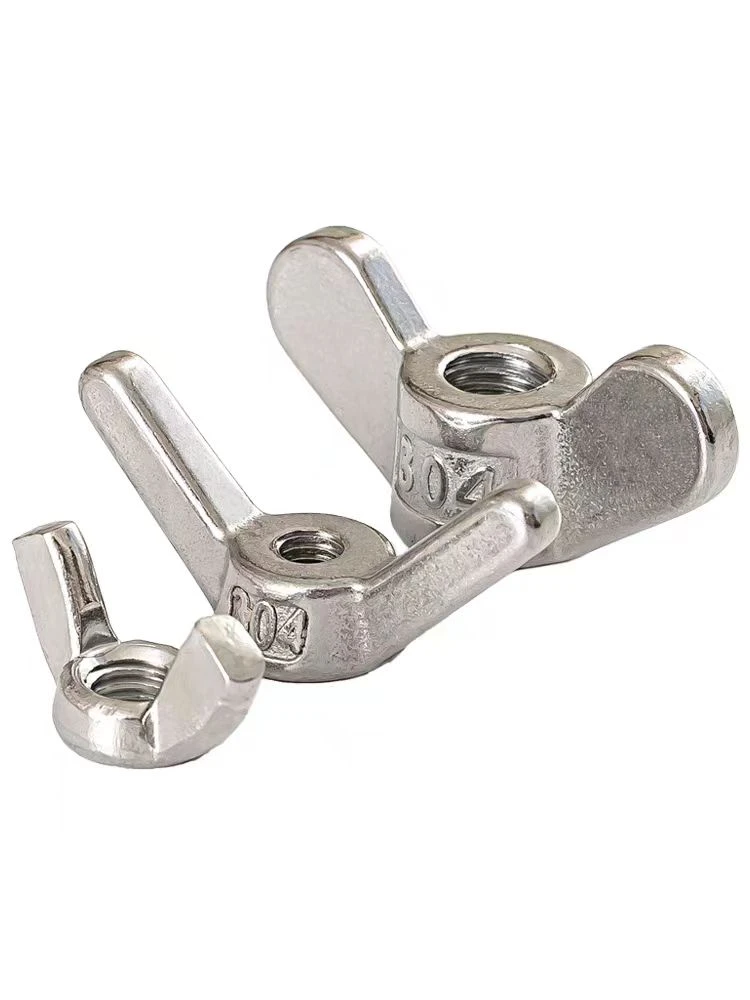

plain washer din 125
Nov . 08, 2024 14:51 Back to list
plain washer din 125
Understanding Plain Washers A Deep Dive into DIN 125 Standards
Plain washers are fundamental components in the world of engineering and construction, serving as essential tools in the assembly of various mechanical and structural applications. Among the various standards governing the specifications of washers, the DIN 125 standard is one of the most widely recognized and utilized, particularly in Europe and regions influenced by European engineering practices.
What is a Plain Washer?
A plain washer, also known simply as a washer, is a thin plate, often circular, that is designed to distribute the load of a screwed fastening. The primary purpose of a plain washer is to prevent damage to the surface of the material being fastened, to help achieve a secure and tight connection, and to reduce friction during the tightening process. By spreading the load over a larger area, plain washers help to prevent the fastened components from damaging each other.
Overview of DIN Standards
The Deutsches Institut für Normung (DIN) is the German Institute for Standardization, which develops industry standards to ensure quality and uniformity across various products and processes. DIN standards are widely adopted not just in Germany but across Europe and globally. DIN 125 specifically addresses plain washers, detailing the dimensions, materials, and mechanical properties required for their use.
Key Specifications of DIN 125
The DIN 125 standard outlines several key aspects of plain washers
1. Dimensions DIN 125 specifies the outer diameter, inner diameter, and thickness of plain washers. These dimensions ensure that washers fit correctly onto bolts and screws, providing the necessary load distribution. The standard provides several size categories, allowing for compatibility with a wide range of fasteners.
2. Material Specifications DIN 125 washers can be manufactured from various materials, including steel, stainless steel, aluminum, and plastic. Each material offers different properties, such as corrosion resistance, strength, and weight, allowing for flexibility in selection based on specific application requirements.
3. Mechanical Properties The standard also outlines the necessary mechanical properties that washers must possess, including tensile strength and yield strength. These properties ensure that washers can withstand the forces applied to them without deforming or failing.
plain washer din 125

4. Surface Treatment Depending on the application, surface treatments such as galvanization or coating may be specified to enhance corrosion resistance. This is particularly important in applications exposed to moisture and harsh environmental conditions.
5. Types of Washers DIN 125 encompasses several types of plain washers, including those for metric and inch dimensions. The standard also differentiates between thicknesses, as thicker washers can provide more substantial load distribution.
Applications of DIN 125 Washers
Plain washers conforming to DIN 125 are used across various industries, including automotive, aerospace, construction, and machinery manufacturing. Their versatility makes them suitable for applications such as
- Bolted Connections Where they help ensure a tight and stable connection between bolts and nuts. - Machinery Assembly Providing support in the assembly of machines, ensuring components remain securely fastened during operation. - Structural Support In construction, they help distribute loads from structural elements, ensuring stability and safety.
Benefits of Using DIN 125 Washers
Using DIN 125 standard plain washers in assemblies presents several advantageous outcomes
- Improved Load Distribution Reducing the risk of localized damage to materials, prolonging their lifespan. - Reduction of Friction Allowing for smoother operation of screws and bolts, which can prevent galling and seizing. - Interchangeability Since DIN standards are widely recognized, components that conform to these specifications are generally interchangeable, simplifying procurement and inventory management.
Conclusion
Plain washers that comply with DIN 125 standards play a critical role in countless mechanical and structural applications. Their design, material specifications, and mechanical properties ensure that they provide reliable performance under various conditions. Whether you are an engineer, a designer, or someone involved in construction, understanding the importance of DIN 125 plain washers is essential for ensuring safety, reliability, and efficiency in your projects. By adhering to established standards like DIN 125, manufacturers and constructors can maintain high levels of quality and consistency in their work, ultimately leading to better outcomes in engineering and construction.
Latest news
-
Hot Dip Galvanized Bolts-About LongZe|High Strength, Corrosion Resistance
NewsJul.30,2025
-
High-Strength Hot Dip Galvanized Bolts - Hebei Longze | Corrosion Resistance, Customization
NewsJul.30,2025
-
Hot Dip Galvanized Bolts-Hebei Longze|Corrosion Resistance&High Strength
NewsJul.30,2025
-
High-Strength Hot-Dip Galvanized Bolts-Hebei Longze|Corrosion Resistance&High Strength
NewsJul.30,2025
-
Hot Dip Galvanized Bolts-Hebei Longze|Corrosion Resistance&High Strength
NewsJul.30,2025
-
Hot Dip Galvanized Bolts - Hebei Longze | Corrosion Resistance, High Strength
NewsJul.30,2025

